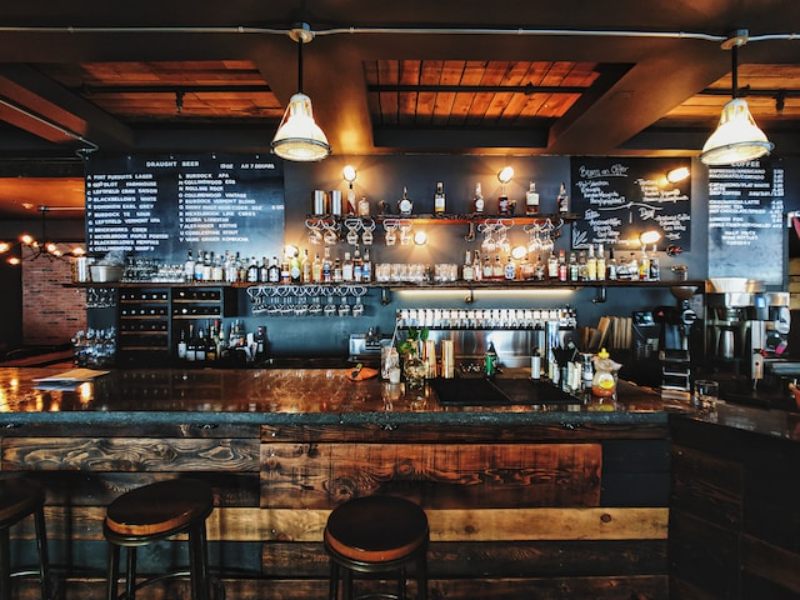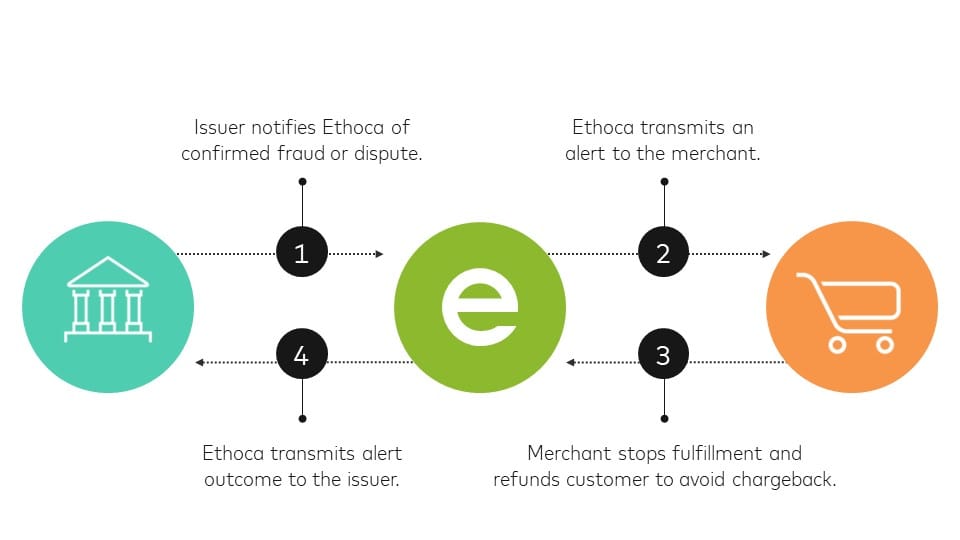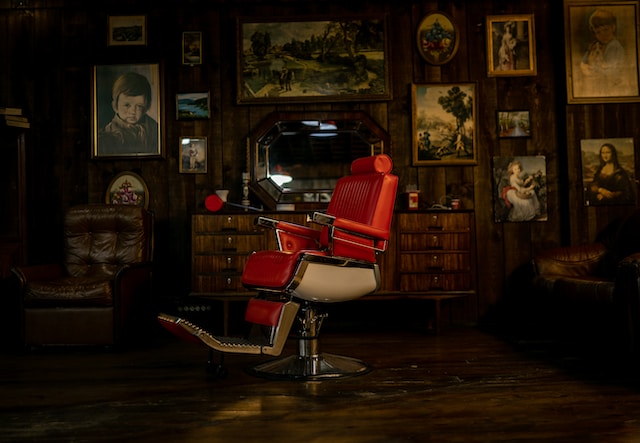
Welcome to our blog post on the Bar Business Plan Template. If you're considering opening a bar or looking to revamp your existing establishment, having a well-thought-out business plan is crucial. A bar business plan serves as a roadmap for success, helping you navigate through the challenges and opportunities that come with running a bar.
In this blog post, we will guide you through the essential elements of a bar business plan. We will start by emphasizing the importance of market analysis, where we will delve into understanding your target audience, studying current market trends, and analyzing your competition. By conducting a comprehensive market analysis, you can identify potential customers, tailor your offerings to meet their needs, and differentiate yourself from competitors.
Next, we will explore the process of defining your bar business concept. This involves developing your bar's unique identity, choosing a suitable location, curating an enticing menu, and creating a captivating ambiance. These elements play a critical role in attracting and retaining customers, as they contribute to the overall experience and atmosphere of your bar.
The operational plan for your bar business is another vital aspect we will discuss. This includes hiring and training employees, building strong relationships with suppliers, and establishing efficient daily operations and management practices. By having a well-structured operational plan in place, you can ensure smooth operations, excellent customer service, and a well-run establishment.
Lastly, we will dive into financial planning for your bar business. We will cover start-up costs, projected revenues, profit and loss forecasts, and break-even analysis. Understanding the financial aspects of your bar business will help you make informed decisions, manage your finances effectively, and set realistic goals for profitability.
Whether you're a seasoned bar owner or a first-time entrepreneur, this blog post will provide you with a comprehensive bar business plan template to guide you on your journey. So grab a drink, sit back, and let's dive into the world of bar business planning!
Introduction: Understanding the Importance of a Bar Business Plan
Opening and running a successful bar requires more than just a passion for drinks and a knack for hospitality. It demands careful planning, strategic decision-making, and a clear vision for your business. This is where a comprehensive bar business plan comes into play.
A bar business plan serves as a roadmap for your venture, outlining your goals, strategies, and tactics to achieve long-term success. It not only helps you clarify your business concept but also provides a framework for making informed decisions, securing funding, and attracting potential investors.
Here are some key reasons why understanding the importance of a bar business plan is crucial:
1. Vision and Direction
A bar business plan allows you to articulate and refine your vision for your establishment. It helps you define your bar's identity, target audience, and unique selling proposition. By clearly outlining your goals and objectives, you can maintain focus and stay on track as you navigate the challenges of the industry.
2. Market Analysis and Competition
Thorough market analysis is essential for understanding your target audience, identifying market trends, and assessing your competition. A bar business plan prompts you to conduct detailed research, enabling you to make informed decisions about your offerings, pricing, and marketing strategies. Understanding your market is vital for positioning your bar effectively and attracting the right customers.
3. Financial Planning and Funding
Financial planning is a crucial aspect of any business, and a bar is no exception. A well-developed bar business plan includes financial projections, start-up costs, and revenue forecasts. This helps you estimate your profitability, set realistic financial goals, and secure funding from potential investors or lenders. A solid financial plan demonstrates your understanding of the financial aspects of running a bar and increases your chances of obtaining financing.
4. Operational Efficiency
A bar business plan outlines the operational processes and procedures necessary to run your establishment efficiently. It covers aspects such as staffing requirements, supplier relationships, inventory management, and customer service protocols. By having a well-structured operational plan, you can ensure smooth day-to-day operations, maintain consistent customer experiences, and minimize potential pitfalls.
5. Adaptability and Growth
A bar business plan is not a static document; it is a living blueprint that should be regularly reviewed and revised as your business evolves. It allows you to adapt to changing market conditions, industry trends, and customer preferences. By regularly reviewing and updating your plan, you can identify areas for improvement, seize new opportunities, and sustain long-term growth.
In conclusion, a bar business plan is a fundamental tool for success in the competitive hospitality industry. It provides a roadmap, clarifies your vision, guides decision-making, attracts funding, and enhances operational efficiency. By investing time and effort into developing a comprehensive bar business plan, you are setting yourself up for a higher chance of achieving your goals and realizing your bar's full potential.

Market Analysis for Your Bar Business
Before you dive into the details of your bar business plan, it's crucial to conduct a comprehensive market analysis. This section will focus on understanding your target audience, studying current market trends, analyzing your competition, and conducting a SWOT analysis to identify your bar's strengths, weaknesses, opportunities, and threats.
Identifying Your Target Audience
To create a successful bar business, it's essential to have a clear understanding of your target audience. Consider factors such as demographics (age, gender, income level), psychographics (lifestyle, interests, preferences), and geographic location. By defining your target audience, you can tailor your offerings, marketing strategies, and ambiance to meet their needs and preferences.
Study of Current Market Trends
Keeping up with the latest market trends is crucial for staying competitive in the bar industry. Research popular drink trends, emerging cocktail flavors, and innovative bar concepts. Stay informed about consumer preferences, such as craft beer, artisanal spirits, or sustainable practices. Understanding and incorporating these trends into your bar's offerings can attract a wider customer base and set you apart from the competition.
Understanding Your Competitors
Analyzing your competition is a critical aspect of market analysis. Identify other bars and establishments in your area that cater to a similar target audience or offer a similar concept. Study their strengths, weaknesses, pricing strategies, menu offerings, and customer experiences. This analysis will help you identify opportunities to differentiate your bar and develop a competitive advantage.
SWOT Analysis
A SWOT analysis helps you assess your bar's internal strengths and weaknesses, as well as external opportunities and threats. Identify your unique selling points, such as a prime location, skilled bartenders, or a specialized drink menu. Evaluate potential weaknesses, such as limited parking, high competition, or a lack of brand awareness. Identify opportunities, such as partnerships with local breweries or hosting special events. Finally, analyze potential threats, such as changing regulations or economic downturns. By conducting a thorough SWOT analysis, you can develop strategies to capitalize on strengths, mitigate weaknesses, seize opportunities, and minimize threats.
By conducting a comprehensive market analysis, you will gain valuable insights into your target audience, market trends, competition, and internal factors. This information will guide your decision-making process, enable you to refine your business concept, and position your bar for success in a competitive industry. So, let's dive deeper into each aspect of the market analysis in the following sections.
Defining Your Bar Business Concept
Defining your bar business concept is a crucial step in creating a unique and successful establishment. This section will focus on developing your bar's identity, choosing a suitable location, curating an enticing menu, and creating a captivating ambiance.
Developing Your Bar's Identity
To stand out in the crowded bar industry, it's essential to develop a distinct identity for your establishment. Consider the atmosphere, theme, and overall vibe you want to create. Are you aiming for a cozy neighborhood pub, a trendy cocktail bar, or a lively sports bar? Define your bar's personality, values, and target audience. This will guide your branding, marketing strategies, and customer experience.
Choosing a Suitable Location
Location plays a significant role in the success of your bar business. Consider factors such as foot traffic, proximity to other businesses, parking availability, and accessibility. Research the demographics of the area to ensure it aligns with your target audience. Additionally, analyze the competition in the vicinity. Choosing the right location can attract the right customers and contribute to the overall success of your bar.
Menu & Service Offerings
Curating an enticing menu is essential for any bar. Determine the type of drinks you will offer, such as craft cocktails, local beers, or a wide range of spirits. Consider incorporating unique and signature drinks that reflect your bar's identity. Additionally, decide if you will offer a food menu or collaborate with local food vendors. Ensure that your menu caters to the preferences of your target audience while differentiating your bar from competitors.
Design & Ambiance
Creating a captivating ambiance is key to attracting and retaining customers. Consider the interior design, lighting, furniture, and overall layout of your bar. The ambiance should align with your bar's concept and target audience. Whether it's a cozy and intimate setting or a vibrant and energetic atmosphere, every detail should contribute to the overall experience. Pay attention to music selection, artwork, and decor to create a cohesive and memorable ambiance.
By defining your bar business concept, you establish a clear direction for your establishment. Your bar's identity, location, menu offerings, and ambiance will set the stage for creating a unique and appealing experience for your customers. So, let's explore each aspect further to ensure your bar stands out from the competition.
Operational Plan for Your Bar Business
Developing a comprehensive operational plan is essential for the successful management of your bar business. This section will cover key aspects such as employee hiring and training, supplier relationships, daily operations, and adherence to health and safety regulations.
Employee Hiring and Training
Building a skilled and dedicated team is crucial for providing excellent customer service and maintaining smooth operations. Define the roles and responsibilities required for your bar, such as bartenders, servers, kitchen staff, and managers. Develop a hiring process to attract qualified candidates and conduct thorough interviews and background checks. Once hired, provide comprehensive training to ensure that your employees understand your bar's concept, menu offerings, service standards, and customer engagement.
Supplier Relationships
Establishing strong relationships with suppliers is vital for ensuring a consistent supply of quality ingredients and products for your bar. Research and select reputable suppliers for alcoholic beverages, mixers, garnishes, and other necessary items. Negotiate favorable terms, such as pricing, delivery schedules, and return policies. Maintaining good communication and regular updates with your suppliers will help you stay updated on industry trends, new products, and potential cost-saving opportunities.
Daily Operations & Management
Efficient daily operations are essential for the smooth functioning of your bar. Develop standard operating procedures (SOPs) for various aspects, including opening and closing procedures, inventory management, cash handling, and customer service protocols. Create a schedule that ensures adequate staffing during peak hours and special events. Implement systems for order management, tracking sales, and monitoring inventory levels. Regularly assess and refine your operational processes to optimize productivity and customer satisfaction.
Health & Safety Regulations
Compliance with health and safety regulations is paramount to protect both your customers and employees. Understand and adhere to local laws and regulations regarding food handling, sanitation, fire safety, and alcohol service. Obtain the necessary permits and licenses required for operating a bar, such as liquor licenses and health permits. Train your staff on safety protocols, including responsible alcohol service and emergency procedures. Regularly inspect your premises to ensure compliance and maintain a safe environment for all.
By developing a robust operational plan, you can streamline your bar's day-to-day activities, ensure efficient management, and provide a safe and enjoyable experience for your customers. Paying attention to employee hiring and training, supplier relationships, daily operations, and adherence to health and safety regulations will contribute to the overall success of your bar business. So, let's explore each aspect further to ensure smooth operations and customer satisfaction.
Financial Planning for Your Bar Business
Financial planning is a crucial aspect of running a successful bar business. This section will focus on key financial considerations, including start-up costs, projected revenues, profit and loss forecasting, and break-even analysis.
Start-up Costs
Before launching your bar business, it's essential to estimate and budget for the initial start-up costs. This includes expenses such as lease or purchase of the premises, renovations and interior design, equipment and furnishings, licenses and permits, initial inventory, marketing and advertising, legal and professional fees, and working capital. By accurately estimating these costs, you can secure the necessary funding and avoid financial surprises during the early stages of your bar's operation.
Projected Revenues
Estimating your projected revenues is crucial for understanding the potential profitability of your bar business. Consider factors such as the size of your target market, average spend per customer, and the number of customers you expect to serve on a daily, weekly, and monthly basis. Research industry benchmarks and analyze sales data from similar establishments to make realistic revenue projections. This information will help you set revenue goals and develop strategies to achieve them.
Profit & Loss Forecast
Creating a profit and loss (P&L) forecast is essential for tracking the financial performance of your bar business. This forecast estimates your anticipated revenue and deducts all operating expenses, including costs of goods sold (COGS), labor costs, rent, utilities, marketing expenses, and other overhead costs. By regularly reviewing your P&L statement, you can assess your profitability, identify areas of improvement, and make informed financial decisions to maximize your bottom line.
Break-even Analysis
A break-even analysis determines the point at which your bar business covers all its costs and starts generating profits. It helps you understand the number of customers or sales required to reach the break-even point. This analysis considers fixed costs (rent, utilities) and variable costs (COGS, labor) and calculates the contribution margin per unit or per customer. By conducting a break-even analysis, you can set realistic sales targets, evaluate pricing strategies, and make informed decisions about cost control and revenue generation.
Financial planning is critical for the long-term sustainability and success of your bar business. By carefully considering start-up costs, projecting revenues, forecasting profit and loss, and conducting a break-even analysis, you can gain a clear understanding of the financial aspects of your business. This will enable you to make informed decisions, manage your finances effectively, and work towards achieving your financial goals. So, let's dive deeper into each aspect of financial planning to ensure the financial success of your bar business.


